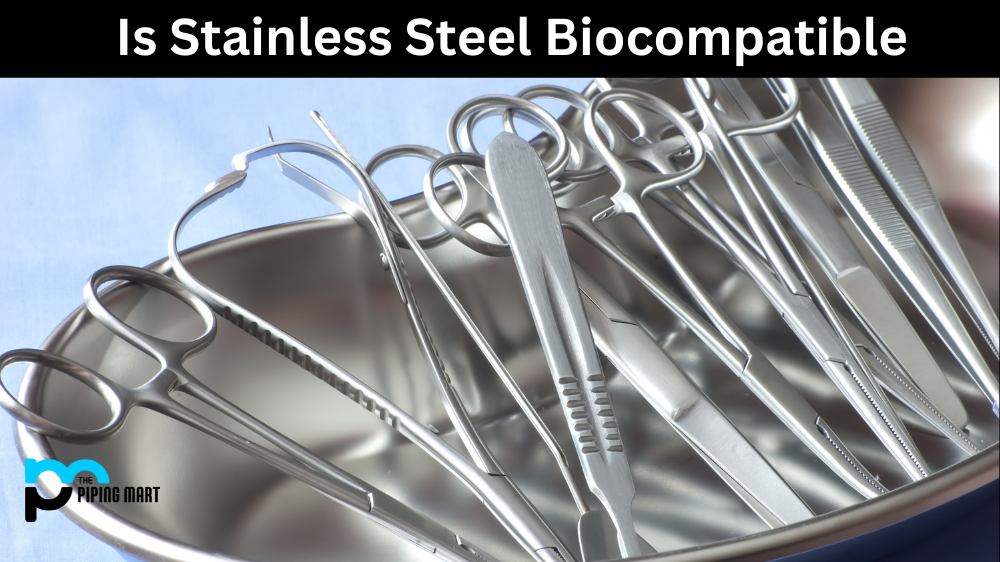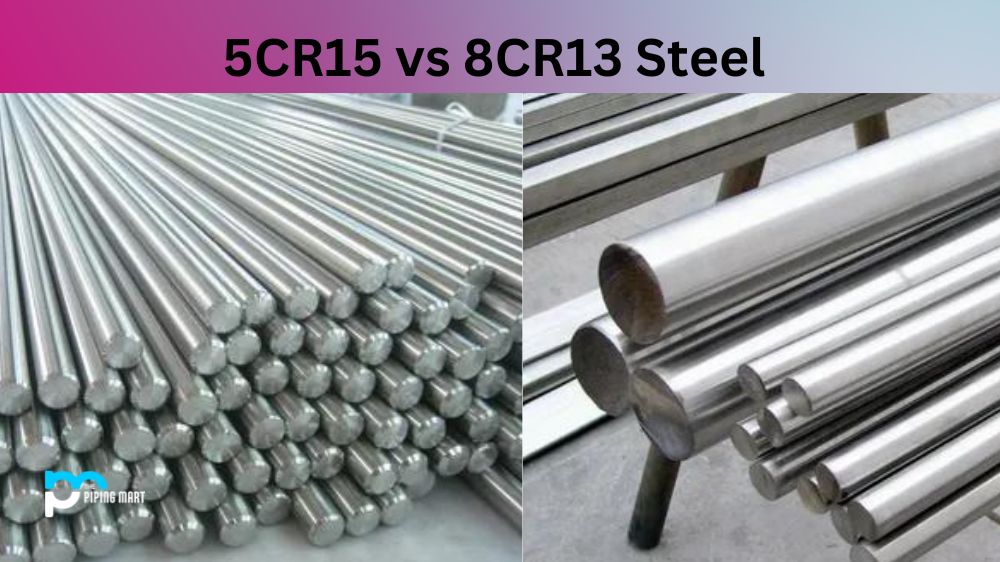If you’re in the market for a medical device or prosthetic, you may have heard someone mention “biocompatibility.” But what does that mean exactly? In this article, we will explore the concept of biocompatibility and how it relates to stainless steel.
What is Biocompatibility?
Biocompatibility refers to the ability of a material to interact safely with living tissue without causing any harm or irritation. This is an essential quality for materials used in medical devices and implants, as they must be able to integrate with the body without any negative side effects.
Is Stainless Steel Biocompatible?
The short answer is yes! Stainless steel has been used in medical applications since the early 20th century due to its excellent biocompatible properties. Stainless steel is non-toxic and non-allergenic, meaning it won’t irritate skin or other tissues when in contact with them. Additionally, stainless steel has excellent corrosion resistance, making it ideal for long-term use within the body.
The main drawback of using stainless steel for medical applications is its high stiffness compared to other materials such as titanium or carbon fiber composites. This means that stainless steel can be uncomfortable for patients who require flexible implants or prosthetics. However, advancements in manufacturing technology have allowed for thinner and more flexible versions of stainless steel that can better accommodate patient needs.
Conclusion:
Stainless steel is an excellent choice for medical implants and devices due to its biocompatible properties. It has been used successfully in many medical applications due to its non-toxic and non-allergenic qualities and excellent corrosion resistance. Recent advances in manufacturing technology have also allowed for thinner and more flexible versions of stainless steel, which can better accommodate patient needs while providing the same biocompatibility level as traditional designs. Stainless steel remains one of the best materials available today for medical implants and devices.

Pipingmart is a B2B portal that specializes in metal, industrial and piping items. Additionally, we share the latest information and information about materials, products and various types of grades to assist businesses that are involved in this business.




